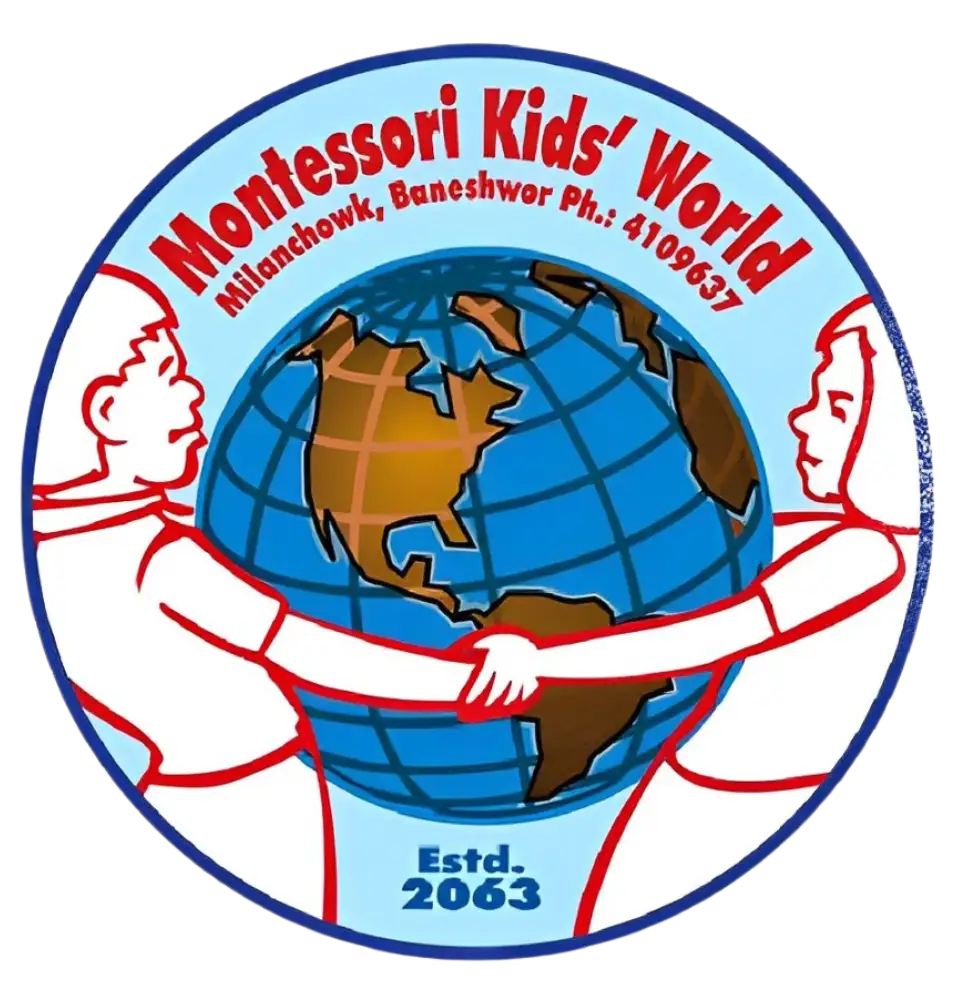In an era marked by environmental challenges, instilling eco-consciousness in children is paramount for shaping a sustainable future. The Montessori approach, with its emphasis on holistic development and respect for the natural world, offers a compelling framework for nurturing environmental stewardship from a young age. Let’s explore how Montessori education fosters eco-consciousness in children and equips them with the knowledge and values needed to become responsible caretakers of the planet.
Montessori and Environmental Education: Montessori classrooms serve as microcosms of the natural world, where children engage with living organisms, observe seasonal changes, and learn about ecosystems firsthand. By incorporating nature-based activities and outdoor experiences into the curriculum, Montessori educators cultivate a deep appreciation for the environment. From gardening and composting to wildlife observation and conservation projects, children develop a sense of connection to the Earth and an understanding of their role in preserving its beauty and diversity.
Hands-On Learning and Sustainability: Central to the Montessori philosophy is the belief in hands-on, experiential learning. In the context of environmental education, this approach empowers children to explore sustainability concepts through meaningful activities and real-world experiences. Whether recycling materials to create art projects, conducting experiments to understand renewable energy sources, or participating in community clean-up initiatives, Montessori students actively engage with sustainability principles and develop practical skills for living harmoniously with the environment.
Promoting Environmental Responsibility: Montessori education instills a sense of responsibility and accountability in children, encouraging them to make eco-friendly choices in their daily lives. Through discussions on environmental issues, reflection on personal consumption habits, and collaborative problem-solving, students develop a sense of agency and a commitment to taking action for the planet. By integrating environmental awareness into all aspects of the curriculum, Montessori schools foster a culture of environmental stewardship that extends beyond the classroom walls.
Building a Sustainable Future: As future leaders, innovators, and global citizens, Montessori-educated children are uniquely equipped to address the environmental challenges of the 21st century. By nurturing a deep-seated respect for nature, a sense of empathy for all living beings, and a commitment to sustainable practices, they become catalysts for positive change in their communities and beyond. Montessori education not only prepares children academically but also cultivates the values and mindset necessary to create a more equitable, just, and environmentally sustainable world.
Conclusion: In the Montessori classroom, every lesson is an opportunity to cultivate eco-consciousness and inspire a lifelong commitment to environmental stewardship. By immersing children in nature, fostering hands-on learning experiences, and promoting environmental responsibility, Montessori educators are sowing the seeds for a greener, more sustainable future. As we strive to address the pressing environmental challenges of our time, the Montessori approach offers a beacon of hope, empowering children to become guardians of the Earth and champions of sustainability.
